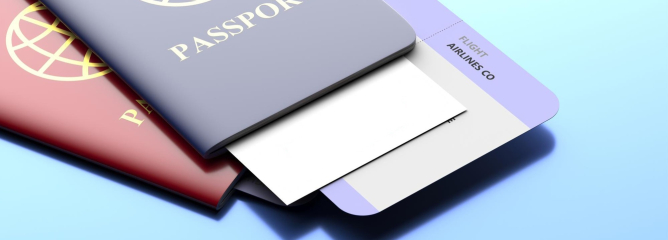
North Korea, also known as North Korea (Democratic People's Republic of Korea), is a country in East Asia. In the north it borders with China and Russia, and in the south with the Republic of Korea (South Korea). It is washed by the Yellow Sea in the west and the Sea of Japan in the east.
The capital of the DPRK is Pyongyang.
The DPRK is a one-party people's democratic republic. Power in the country is concentrated in the hands of the Korean Workers' Party (Labor Party of Korea) under the leadership of its chairman, who is also the head of state. The political system of the DPRK is officially called "Juche" (identity). The country is isolated from the world community and has an authoritarian regime. North Korea often comes under scrutiny for its policies and its nuclear and missile programs.
The climate in the DPRK is varied due to its geographical location and topography. Most of North Korea has a subtropical, monsoon climate. Summers are humid and hot, and winters are cold and dry. Average daily temperatures and precipitation can vary greatly depending on the region. In mountainous areas, the climate is subarctic and alpine, with cold winters and heavy snowfalls.
The country's population is 26,132,397 people (2022).
The official language of the DPRK is Korean (North Korean version). And this is the only official language.
The economy of the DPRK is built on socialist principles, there is strong government intervention and collective ownership of resources. Major sectors of the economy include manufacturing, agriculture and defense. However, North Korea faces serious economic difficulties, including limited access to world markets and sanctions from many countries.
The standard of living in the DPRK is considered low, and the country faces problems in meeting the basic needs of the population, such as food and access to medical care. Sanctions and isolation of the DPRK also have a negative impact on the economy and the lives of the population.
Medicine in the DPRK has its own characteristics. The country has a public health system and medical care is provided free of charge to citizens. However, the health care system has problems with access to modern medicines and technologies due to economic difficulties.
Education in the DPRK is compulsory and free for all citizens. The country attaches great importance to education.
The level of security in the DPRK is difficult to assess due to limited access and isolation of the country. Officially, the DPRK adheres to a policy of self-isolation, and access of foreign citizens is limited. Travel to the DPRK may involve strict surveillance and restrictions by authorities. The country is also committed to military policy and has a developed defense industry.
It is almost impossible to obtain DPRK citizenship.
